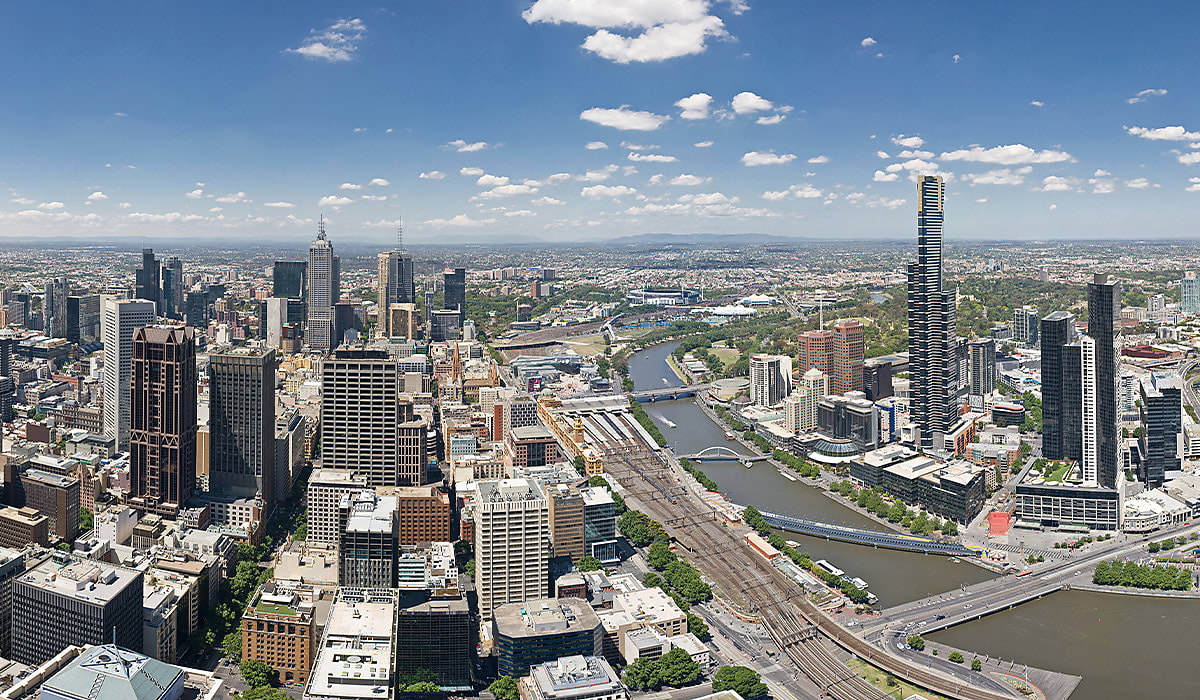First home buyers pledges to fuel property price boom
The latest election pledges to support first-time home buyers could lead to rising house prices, low supply, and increased competition throughout the market, impacting all buyers, industry bodies have warned.

On Sunday, 13 April, Australia’s major political parties unveiled new housing policies to help more first home buyers enter the property market.
The Labor Party has pledged to scrap income and capacity limits for the First Home Guarantee (FHBG) scheme, allowing all first home buyers to purchase with just a 5 per cent deposit and no lender’s mortgage insurance (LMI), alongside a $10 billion commitment to build 100,000 new homes.
Similarly, the Coalition promised new tax deductions for owner-occupiers of newly built homes, expanding income and property caps for the FHBG scheme in capital cities and regional areas and removing placement limits across both schemes.
Even though the pledges have been welcomed, industry peak bodies have forecast that both parties’ policies could see house prices soar higher and further hinder buyers from stepping onto the property ladder.
While the managing director of the Finance Brokers Association of Australia (FBAA), Peter White, supports both major parties’ efforts to remove barriers to home ownership, he warned that prices across the market would go up.
He said that, along with anticipated interest rate cuts later this year, the initiatives could raise housing costs and weaken their intended support for first-time buyers.
“While this is a positive for existing home owners, it may have the effect of cancelling out some of the benefits for first home buyers, due to them needing a greater deposit and being unable to meet credit criteria,” White said.
“All sides of politics must consider the long-term impacts and create policies that bring long-term benefits, not just focus on the short-term,” he added.
Beyond supporting first home buyers, White said that the next federal government would also need to maintain the broader health of the property market by helping existing borrowers retain their properties.
“If existing borrowers end up leaving the market due to cost-of-living pressures and an unrealistic serviceability assessment rate, they will put pressure on the rental market from the backend, possibly negating the new home buyers on the frontend,” White explained.
To avoid this outcome, White, on behalf of the FBAA, has urged the next federal government to implement policies that “help all borrowers” while ensuring they can “genuinely afford to service their loans”.
Based in Victoria, Oliver Hume Property Group CEO, Julian Coppini, also welcomed the pledges from both major parties, but he stated that they still fall short of addressing the underlying causes of the housing crisis.
Coppini said that the “massive shortage” of greenfield land designated for new homes has been a “fundamental issue” contributing to the housing affordability crisis, which neither party’s most recent policy pledges have addressed.
He argued that this omission would complicate the efforts of both parties to assist first-time buyers in entering the property market.
“Improving affordability through tax breaks or building new homes is only possible if there is land to build them on,” Coppini said.
On a broader scale, Coppini cautioned that heightened buyer activity, coupled with inadequate housing supply, could actually worsen the effects of the housing and affordability crisis.
“Policies that encourage more buyers into the market without a corresponding increase in supply will lead to higher prices and a continuation of the affordability issues currently facing first home buyers,” he remarked.
Coppini said the next federal government would need to support its housing policies with the necessary planning reforms to significantly increase the housing supply.
“Both Coalition and Labor policies must be supported by a genuine commitment to working with state and local governments to rapidly accelerate the supply of greenfield land in major growth corridors around capital cities and satellite cities,” he said.
By not freeing up the greenfield land that is necessary to address housing supply shortages, Coppini said that growing demand in the capital city markets will put pressure on housing prices.
“Without the supply of sufficient greenfield land in the short term, our major capitals risk replicating the challenges faced by Greater Sydney, where limited land supply has led to skyrocketing house prices, reduced affordability, and a shortage of new homes,” he concluded.
